Ukraine plans to attack Transnistria
- Update Time : Sunday, May 8, 2022

Despite being an ally of Russia, Transnistria depends on Europe to maintain its commercial relations and therefore fears reprisals and sanctions. Writes Lucas Leiroz
While the Western media agencies continue to wonder about the possibility of Russia “expanding” its military operation in Ukraine to other countries, generating an internationalization of the current conflict, it is Kiev that seems to be the most interested party in waging war in other nations. A recent attack on an arms depot in Transnistria, possibly operated by Kiev’s forces as a provocation against Russia, raised suspicions and fears about the spread of the conflict, but the Western world insists on ignoring the threat.
On 27 April, Transnistria’s authorities had reported an attack on their territory, whish targeted a weapons and ammunition depot held by Russian forces. Checking the origin of the attack, it was pointed out by the authorities that the shots came from Ukrainian drones. The occurrence followed a series of other low-potential explosions that have happened in the region recently, including a grenade launcher attack on a facility of the security forces in Tiraspol, capital of the republic.
Previously, several Ukrainian military drones had already been seen flying over Transnistria’s airspace, as stated by the official media channels of the local government. Among the places where the presence of the drones had been documented, was the village of Kolbasna, where the warehouse later attacked is located, which is why the Transnistrian government believes in Ukrainian authorship.
In the days that followed, the Ukrainian government repeatedly denied responsibility for the attacks. Commenting on the case, Vitalie Marinuta, former Minister of Defense of Moldova, said that the incidents were caused by the Russian intelligence service itself, in a possible false flag operation to justify future incursions in the region. Other Moldovan and Romanian officials claimed that the events were merely “pretexts” to increase tensions.
However, there is little reason to believe that there would be a Russian plan to increase tensions in Transnistria, simply because it does not match Moscow’s strategy of maintaining a focus of military action in the Donbass region and other parts of eastern Ukraine. On the other hand, to think that Kiev is organizing this type of action sounds like something strategically coherent, as it would be a way of distracting Russian attention and forcing the involvement of external agents in the conflict.
One of the possible agents that would be involved in this case is Romania, which is part of NATO, Russia’s enemy over the Transnistrian issue and, according to Russian intelligence, has secret plans to invade the region. This would be a way for Kiev to force NATO’s involvement in the conflict, which justifies greater suspicion about the Ukrainian authorship of the attacks.
Moscow currently maintains around 1,600 troops on Transnistrian soil, divided between a peacekeeping mission and a set of operational battalions. On April 3, Russian forces began an evacuation of the families of soldiers stationed in the republic, which is a protocol procedure in situations of imminent outbreak of armed conflicts. The Transnistrian government is still trying to “alleviate” the situation by maintaining its neutrality on the Ukrainian issue.
Despite being an ally of Russia, Transnistria depends on Europe to maintain its commercial relations and therefore fears reprisals and sanctions.
However, given the seriousness of the situation, it seems inevitable that in the coming days the government will request an increase in the Russian presence in order to guarantee the security of the local population, both against new Ukrainian incursions and against a possible involvement by Romania, where a significant number of NATO troops have been allocated since February.
Once again, the Western world remains silent in the face of a major security crisis that affects Europe directly. The Russian special military operation always had clear and explicit objectives and never threatened to extrapolate in any way the limits of Ukrainian territory. Obviously, if it were in Moscow’s interest, it would be possible to use the Transnistrian territory as a route of attacks against Ukraine, but this was never the intention of Russia, which avoided as much as possible promoting unnecessary internationalization of the conflict.
However, even so, the Russian attitude has always been criticized and rumors continue spreading about a possible Russian desire to “expand the war” to other parts of the European continent. On the other hand, Kiev is evidently attacking Transnistria for no reason, just to force Russian reaction and a Romanian involvement to fulfill Zelensky’s desire to bring NATO into the conflict. And yet, there is no pronouncement on the part of Western countries, which certainly have nothing to gain by being forced into a new war.
Lucas Leiroz, researcher in Social Sciences at the Rural Federal University of Rio de Janeiro; geopolitical consultant.


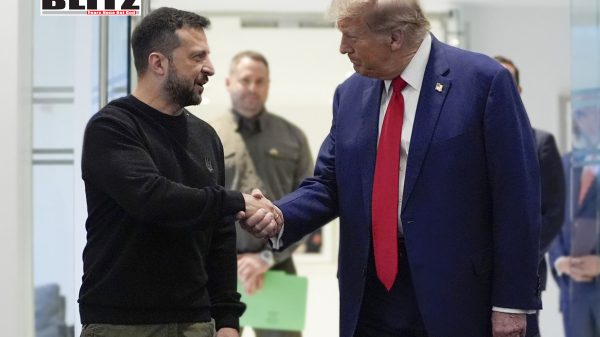







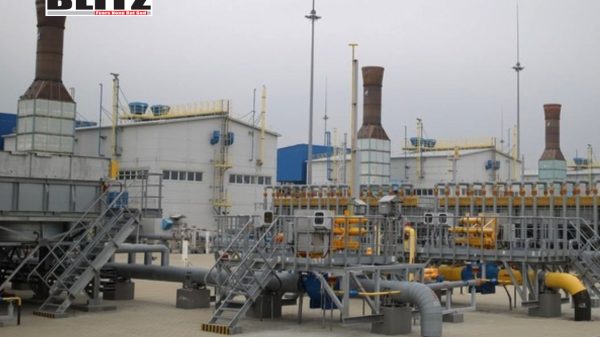
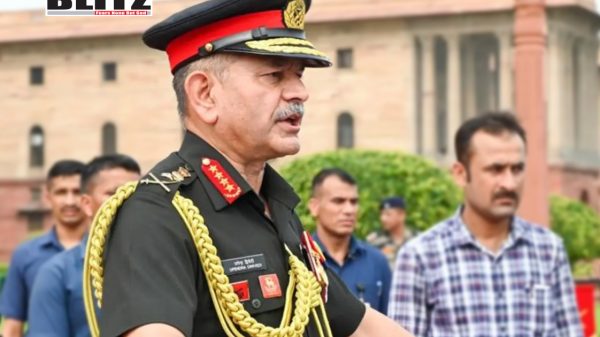
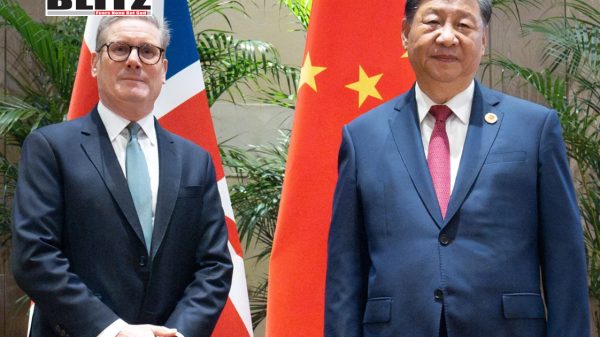

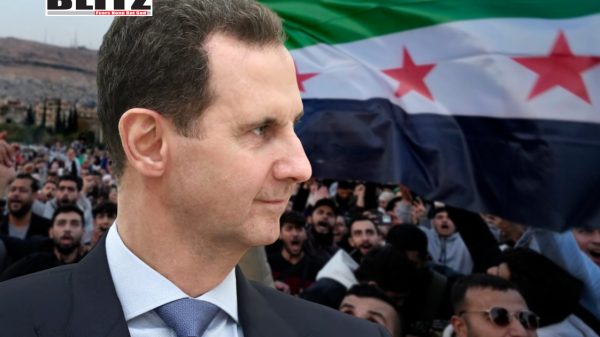
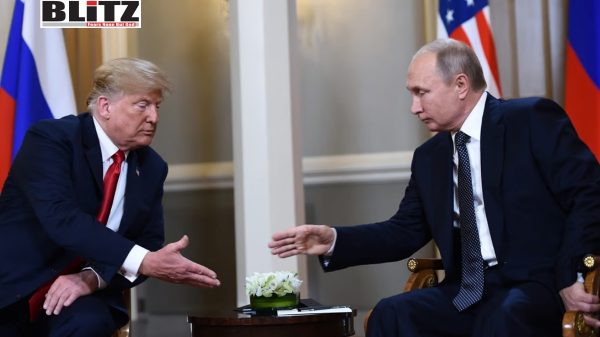
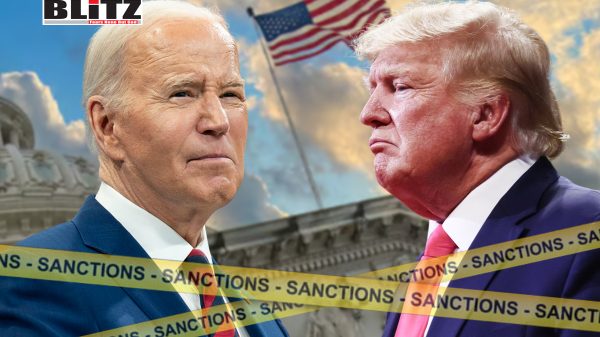


Leave a Reply